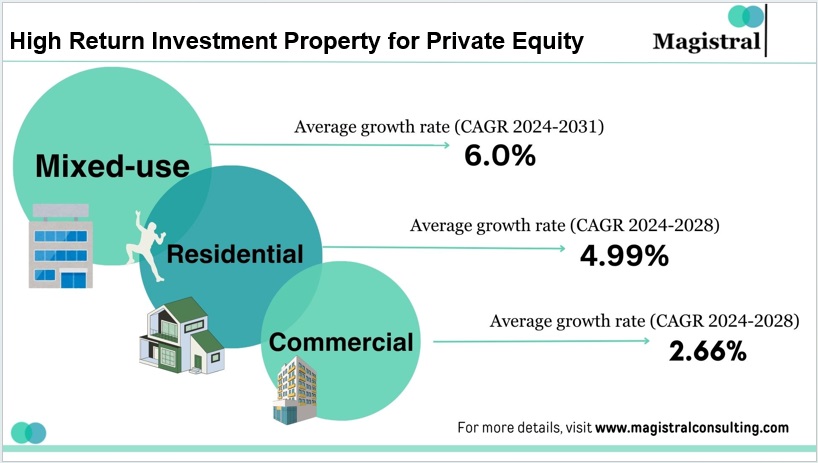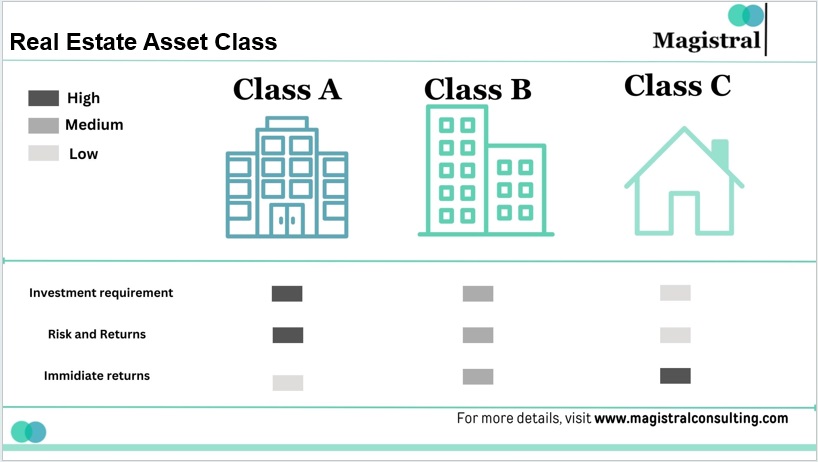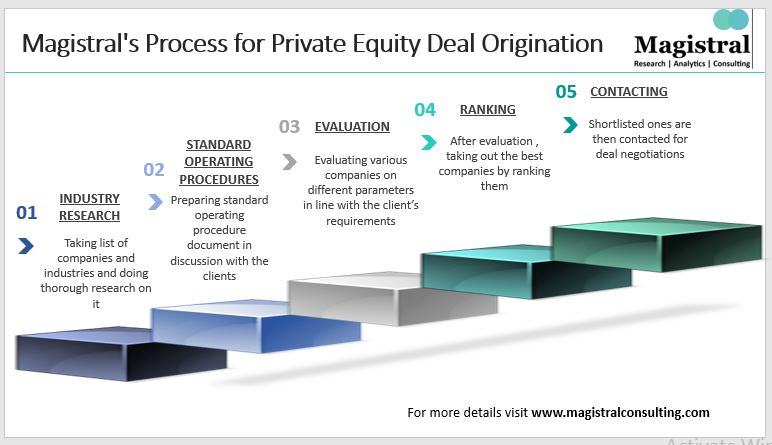AI-powered deal origination has begun transforming how investment banks, private equity firms, and corporate acquirers identify, analyse, and close high-value transactions. While traditional approaches, which are heavily dependent on interlocked personal networks and on manual efforts, have proven rather sluggish in present-day fast-paced markets, AI platforms allow a strategic advantage to those who use them. Using machine learning and NLP methods, the systems scan huge data sets in real-time to uncover actionable opportunities that would otherwise have gone unnoticed. Hence, firms with AI-powered deal origination not only speed the sourcing but also guarantee the deal pipeline of higher quality and relevance and, thus, maintain competitiveness in the environment that is even more data-driven.
AI-Powered Deal Origination: The New Standard in Sourcing
Advanced analytics are at the centre of the optimizations enabled in sourcing. By automating data collection and analysis, AI can recognize acquisitions candidates, benchmark companies, and determine competitive landscapes in a way never conducted-so swiftly and precisely.
Real-Time Market Intelligence
By ingesting, aggregating, and analysing millions of company profiles, transactions, and financial signals, platforms such as Cyndx Finder and Comparables.ai put forth relevant opportunities within seconds. Their proprietary algorithms are meant to predict which private companies are most likely to seek capital. It can also be used to put on the market for acquisition so the dealmakers can initiate pre-emptive negotiations.
Enhanced Target Identification
The machine learning models assess numerous factors such as sector focus, growth parameters, and funding history. It is to match targets to buyers who are best suited to them. This will minimize human subjectivity and restrict pipeline entries to prospects worth pursuing.
Mapping Competitive Landscapes
The AI-enabled systems provide a piecemeal overview of industry dynamics from which perspective firms gain insight into what their competitors are offering in terms of funding and the pores in the market. Such information will allow deal teams to position themselves advantageously ahead of their competitors to take advantage.
Components of AI-Powered Deal Origination Framework
Different technological layers collaborate to execute a well-designed AI-powered origination process.
Data Aggregation and Cleaning
AI systems need to gather and clean data from multiple sources—including CRM, social media, financial databases and public filings—before they can generate insights.
Machine Learning and Predictive Models
ML algorithms consider the historical performance metrics of investments to identify companies or sectors that may currently be strengthened and would outperform.
NLP for Unstructured Data
Natural Language Processing allow for the analysis of signals of interest from pitch decks, earnings calls, news article reviews, and industry comments.
Workflow Integration
AI tools are linked with internal deal flow systems, CRM technology such as Salesforce or Affinity, as well as calendar and email software to prioritize targets and automatically circulate follow-ups.
Continuous Learning
As the AI is assessed on each new deal or concludes it, the model learns and enriches his predictions for the future that in returns makes the engine smarter.
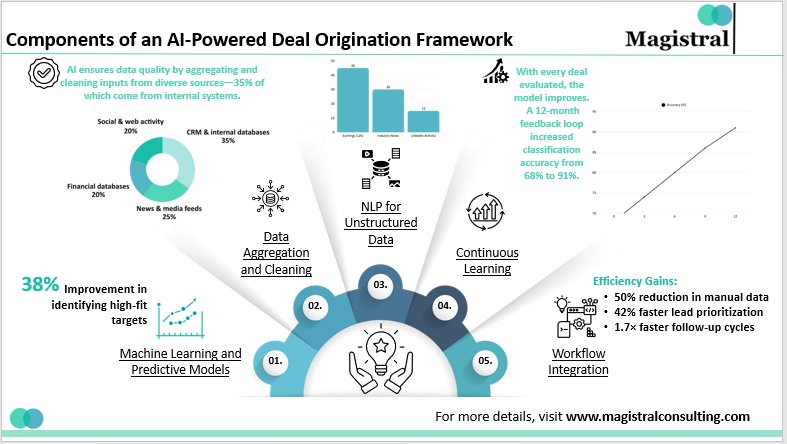
Components of an AI-Powered Deal Origination Framework
Essentially, the smooth functioning of these layers enables a deal origination process powered by AI that is smart and efficient. Through the integration of data aggregation, machine learning, NLP, and workflow automation, deal sourcing becomes more accurate and prioritized by AI.
Proactive Strategies for Superior Outcomes
Today, effective deal origination is moving from reactive, network-driven approaches to proactive, technology-enabled methodologies. Through AI as well as data enriched analytics, firms now can outpace the market (by continuously being on the lookout for similar opportunities).
Predictive Sourcing
AI’s forecasting capabilities enable businesses to predict shifts in the market and identify targets before they are on the public’s radar. This pre-emptive strategy can help engage early and give you better shot at exclusives.
Automated Lead Qualification
With AI, companies can score, and rank leads automatically according to real-time data, industry trends and their own investment preferences. This saves time by concentrating on the best prospects, rather than wasting time on the low-interest ones.
Scalable Outreach and Engagement
With so much of the outreach automated by AI, organisations can now reach out to many people with highly personalised messages much more efficiently. The system also assists in identifying the best time to follow up – making it easier to reach possible sellers.
The present AI technology allows organizations to establish flexible learning capabilities. This enables them to maintain dynamic portfolio alignment. The AI platforms adjust their deal sourcing settings automatically when investment theses transform to maintain pipeline alignment with existing strategic objectives.
AI-Powered Deal Origination: Efficiency, Accuracy, and Competitive Edge
By using deal origination software enabled by AI, you’re not only cutting out inefficiency; you’re also making better investments. Top channels report big increases in research productivity and direct sourcing effectiveness.
Accelerated Research and Screening
The most recent AI tools enable deal teams to perform market and company analysis at a 20 times faster rate than conventional manual approaches. The substantial acceleration in speed enables analysts and decision-makers to shift their focus toward strategic tasks which are more valuable instead of spending time on routine data collection.
Improved Deal Pipeline Quality
When you tap into richer data and smarter algorithms, companies see a huge boost. About half of their direct sourcing pipelines improve, and they’re sourcing 36% more deals using AI-powered platforms.
Enhanced Decision-Making
Artificial intelligence tools improve investment analysis by offering enhanced visibility for investment opportunities throughout the investment process. The analytics support teams in precise risk evaluation and value discovery which enables better decision-making to enhance deal success rates. AI analytics give smarter insights during every stage of a deal. This means less risk and a better shot at closing successful deals. Organizations achieve decreased risk levels and improved investment success rates as a result.
AI-Powered Deal Origination: Real-World Applications and Future Trends
The use of AI for deal origination has already produced real-world outcomes for major investment banks alongside private equity firms. The development of this technology will enhance its effect by providing greater self-operating abilities with adaptable personalized deal sourcing capabilities.
Case Studies and Industry Adoption
Leading firms that leverage AI-based platforms have experienced a 51.7% improvement in research productivity. There is also a 30% decrease in vendor management costs which demonstrates the operational advantages of AI integration.
Autonomous Deal Execution
Agentic AI technologies have begun to emerge for financial operations by handling each process from start to deal compliance and execution. All routine tasks now operate without human input which decreases error rates. It also allows professionals to dedicate more time to strategic decision-making. This technology allows firms to boost transaction speed while achieving better accuracy. It also helps in enhancing their control of the deal lifecycle.
Hyper-Personalization and Market Expansion
AI technology delivers hyper-personalized sourcing methods which assist businesses in discovering specific opportunities. It is across market segments that conventional systems would miss. This ability strengthens the deal pipelines of organizations while also guaranteeing that their investment approaches remain in line with market trends.
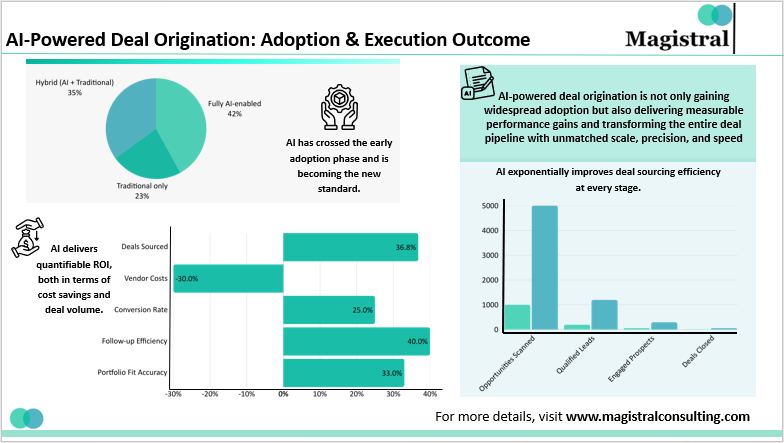
AI-Powered Deal Origination: Adoption & Execution Outcome
AI-powered deal origination will develop through ongoing enhancements that integrate better with markets. The escalating volume of processed data will drive machine learning models to boost their precision. This in turn improves the execution quality of deal origination. The adoption of these technological advancements will enable organizations to secure valuable business opportunities.
Therefore, the implementation of AI-powered deal origination becomes the primary driver for fundamental changes in the industry. The technology’s proven performance of operational optimization together with its new market discovery capabilities and workflow autonomy leads early adopters to keep their market leadership status among rising competition.
About Magistral Consulting
Magistral Consulting has helped multiple funds and companies in outsourcing operations activities. It has service offerings for Private Equity, Venture Capital, Family Offices, Investment Banks, Asset Managers, Hedge Funds, Financial Consultants, Real Estate, REITs, RE funds, Corporates, and Portfolio companies. Its functional expertise is around Deal origination, Deal Execution, Due Diligence, Financial Modelling, Portfolio Management, and Equity Research
For setting up an appointment with a Magistral representative visit www.magistralconsulting.com/contact
About the Author
The article is authored by the Marketing Department of Magistral Consulting. For any business inquiries, you can reach out to prabhash.choudhary@magistralconsulting.com
How does AI improve the deal sourcing process?
AI analyses vast datasets in real time, identifies high-potential targets based on custom criteria, and automates lead qualification and outreach, resulting in faster, more accurate, and scalable deal sourcing.
What are the main benefits of AI-powered deal origination?
Key benefits include accelerated research and screening, improved pipeline quality, enhanced decision-making, and the ability to proactively identify off-market opportunities.
Can AI replace traditional networking in deal origination?
While AI can significantly reduce reliance on traditional networking, it is most effective when used to complement human expertise, enabling dealmakers to focus on relationship-building and negotiation.
What platforms are leading the market in AI-powered deal origination?
Leading platforms include Cyndx Finder, Comparables.ai, and Sourcescrub, each offering advanced analytics, predictive sourcing, and real-time market intelligence for investment professionals.


